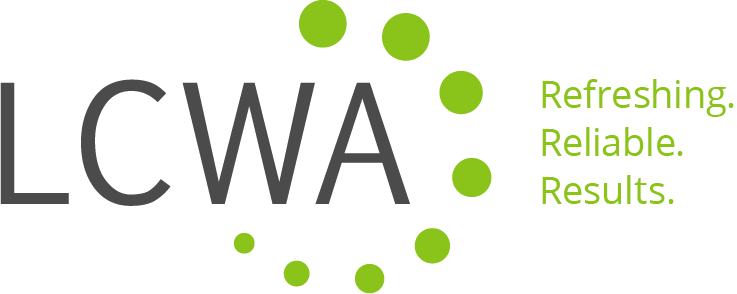December 18, 2017
Earlier this month, I attended the Publicity Club of Chicago’s luncheon featuring an esteemed panel of state and local politics reporters from the AP, POLITICO, WBEZ and the Chicago Tribune. They did not hold back when sharing their thoughts on the political media environment in 2017. As we all know, the atmosphere was volatile, straining relationships between reporters, PR reps
and the public. The panel shared its thoughts on the “best and worst” of political PR in 2017, and we walked away with some key learnings on how to stay in the “best” column.
- Keep dialogue professional: No matter what the perspective, look for opportunities to steer the dialogue to a place of maturity and flexibility. Debate respectfully and seek solutions for the greater good.
- Engage in active listening: For any two-sided issue, it’s tempting to keep communicating without listening. But asking questions and engaging the other side can create understanding on both sides, which reduces controversy and can steer processes, messages or even policies down the road.
- Be transparent: One of the best ways to improve even the worst crisis is to own it – and the easiest way to make it worse is to hide or cover it up. The facts will come out anyway, so while the road to redemption in the public eye may be long, engaging the media proactively and honestly will start the process off right.
- Issue apologies quickly: If something goes wrong, there is only one chance to apologize the right way. The apology needs to be sincere and specifically address the issue while offering a solution to make sure it doesn’t happen again. It needs to be on-message without sounding corporate and stuffy. And it needs to come from the top. A failed first apology can make a company or organization look unorganized, unaccountable and uncaring.
- Focus on positive relationships: Maintaining respectful relationships with media is a must to survive and thrive in this business, and PR practitioners will be working with reporters long after today’s hot news item. Angry texts, emails or phone calls will only make a bad situation worse, and can create an irreparable relationship with a key media contact.
At LCWA, we continually work on building good relationships with reporters and editors, even in the face of a changing media landscape, and by embracing practices, we can be poised to land on the “best” lists in 2018.

